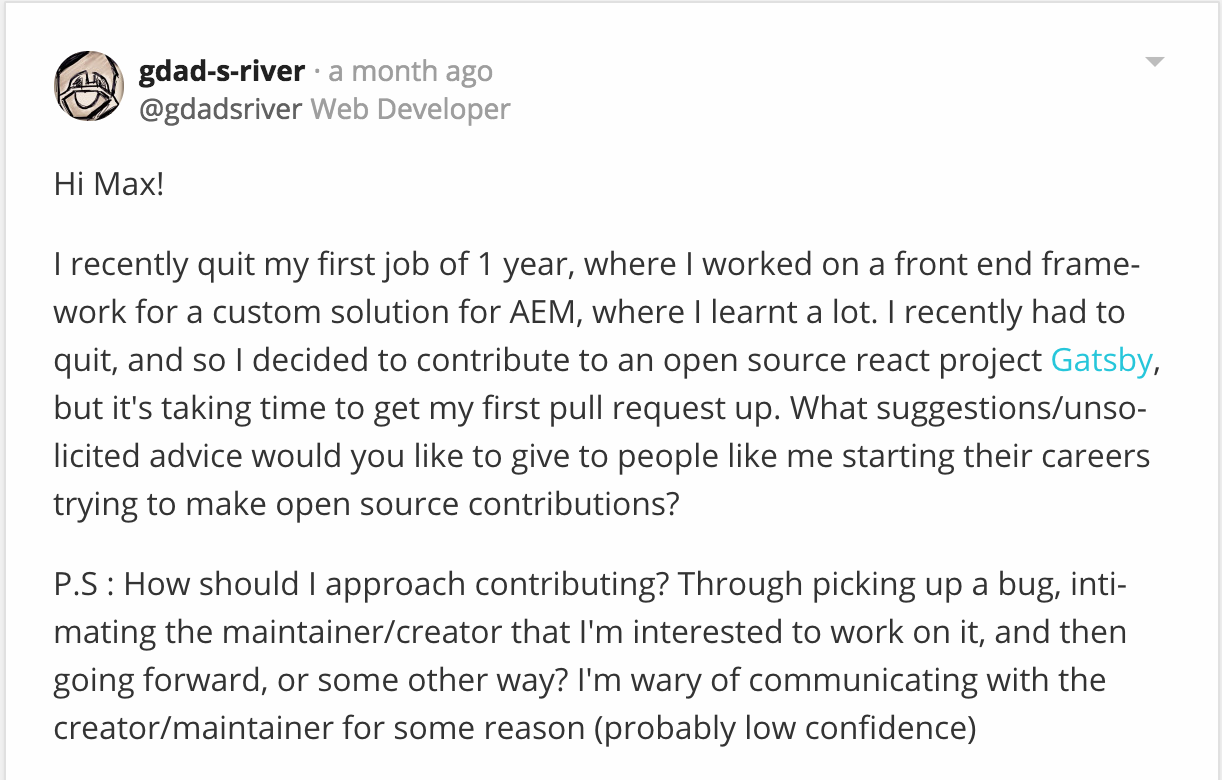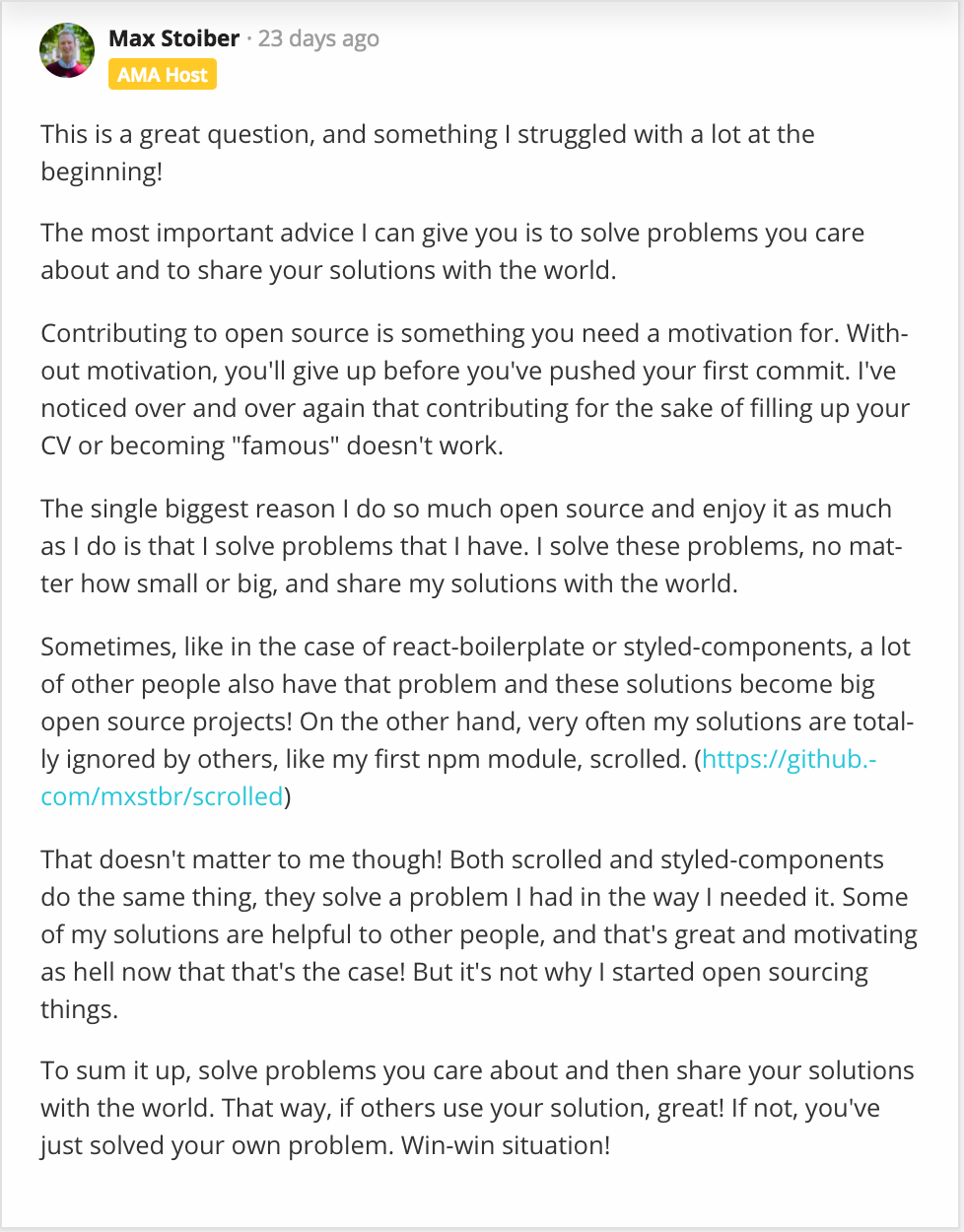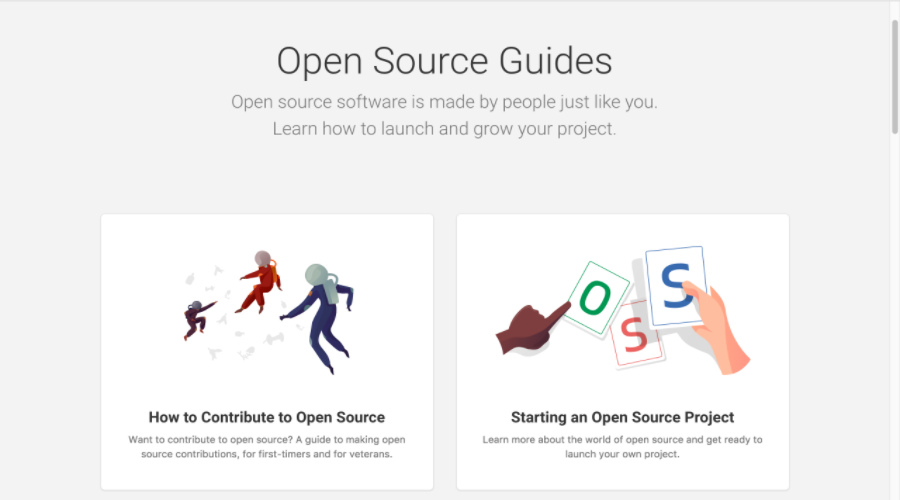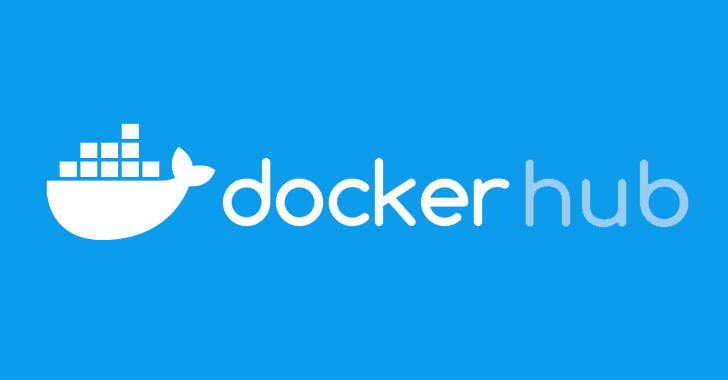Short Bytes: GitHub recently launched a detailed guide about contributing to open source. Since long, newbies have struggled to find projects to contribute to and what exactly to start contributing to them. Veterans have struggled to make new contributors feel welcome and encouraged for contributions. The guide provides detailed timeline steps of what to look for, how to do certain things, how to talk to people of the projects, what things to take care of, and be up and running with your first open source contribution.
Ever since GitHub started 9 years ago, it has transformed from a platform where you could just store your code to one where thousands of people could collaborate to make useful stuff together. Be it coding, User Interface design, even writing. People have become friends over peer coding, helping each other out in late night Slack, IRC or Gitter chats. And the cherry on top moments of bumping into each other in conferences. Open source projects with warm, welcoming communities have kept people coming back to give more.
Also Read: Why Should Every Developer Contribute To Open Source Software?
Recently GitHub launched a massive guide on how to make open source contributions. I must say it’s a respite for so many newbies trying to find their first project for open source contribution.


For a few months, I’ve been following Shubheksha on twitter. She has written extensively about how one should start looking to contribute to an open source project. She has also written extensively about what to do and what not to do while conversing with a project’s maintainers. And most importantly, she has written about what maintainers of the open source projects should do to make it easy for newbies to just jump right in and feel at ease. All this from her own, over one year long, struggle to contribute. She has been interning at Mozilla’s Outreaching Open Source Internship Program. She recently got an internship offer from RedHat. She’s a final year student at IIT Bombay.
Super happy to receive an internship offer from @RedHatNews today. ?
— Shubheksha (@ScribblingOn) February 14, 2017
How To Contribute To Open Source? What GitHub Has To Offer?
Open Source Contribution can be daunting at first (like it is for me right now). But with GitHub’s amazing launch of the guide, it’s easier now to know what to look for.
Open source isn’t an exclusive club; it’s made by people just like you. “Open source” is just a fancy term for treating the world’s problems as fixable.
Some of the things that it has that’ll make it easy for you to look for what exactly you’d want to contribute and for which project.
-
KNOW WHY TO CONTRIBUTE TO OPEN SOURCE
- To Improve technical and people handling, talking, conflict resolution skills
- Make new equally enthusiastic friends
- Get a reputation set up, for your code open sourced would be your resume!
-
WHAT IT MEANS TO CONTRIBUTE
- What if you don’t know how to code, or don’t know the tech stack of a project that is interesting to you?
- Demystifying the fact that open source contribution means only contributing source code and nothing else (that one can organize GitHub issues, hackathons, events; curate contents and host podcasts, curate email newsletters, write documentation of the project, help others start and learn )
-
HOW TO ORIENT YOURSELF TOWARDS A PROJECT
- Understanding the anatomy of the open source project, it’s contribution guidelines, communication style, code of conduct. Understanding this helps to get involved and talking to the project maintainers and contributors easy.
-
FINDING A PROJECT TO CONTRIBUTE
- Not overthinking about your first contribution. Instead start by thinking about the projects you already use or want to use. The projects you’ll actively contribute to are the ones you find yourself coming back to.
- Some of the resources and tools which can help you get up and running
28% of casual contributions to open source are documentation, such as a typo fix, reformatting, or writing a translation.
-
HOW TO SUBMIT A CONTRIBUTION
- Working with others is one of the most important skills you’ll develop in open source.
- After you’ve explored an issue, have skimmed through the code, ask in the chats to get more context, and you’ll be helped!
- Do your homework before asking questions. Read all that you can before approaching others.
- Respect community members.
- Issues are like starting a conversation or discussion; Pull requests are for starting work on a solution; For lightweight communication, such as a clarifying or how-to question, try asking on Stack Overflow, IRC, Slack, or other chat channels, if the project has one.
- Guidelines for opening an issue, opening a pull request
-
WHAT HAPPENS AFTER YOU SUBMIT A CONTRIBUTION
- What to do when you don’t get a response?
- What to do when someone requests changes to your contribution?
- What to do when your request is not accepted?
Apart from this, they have massive guides on
- How to start an open source project
- Finding users for one’s projects
- Building Welcoming Communities
- Best practices for maintainers
- Leadership and Governance
- Getting paid for open source work.
You can checkout the above points in detail on Github’s Open Source Guide.
Also, note that The Github Guide’s Website was made using Jekyll Static Site Generator.
Let’s shower some open source things!









